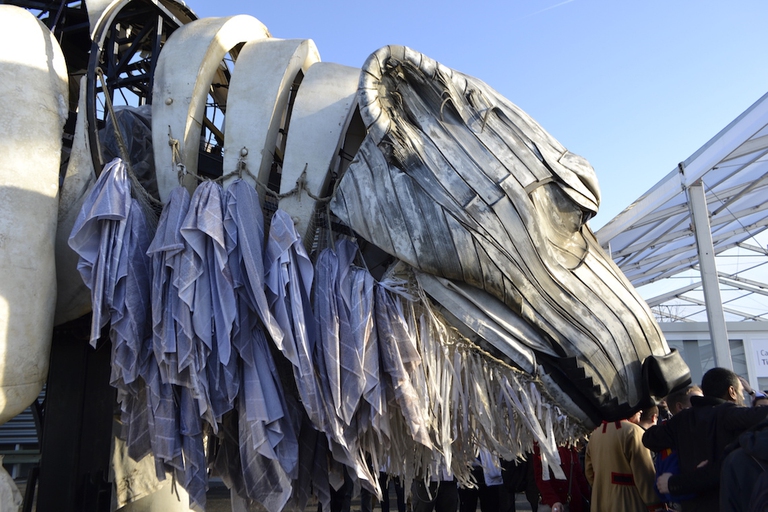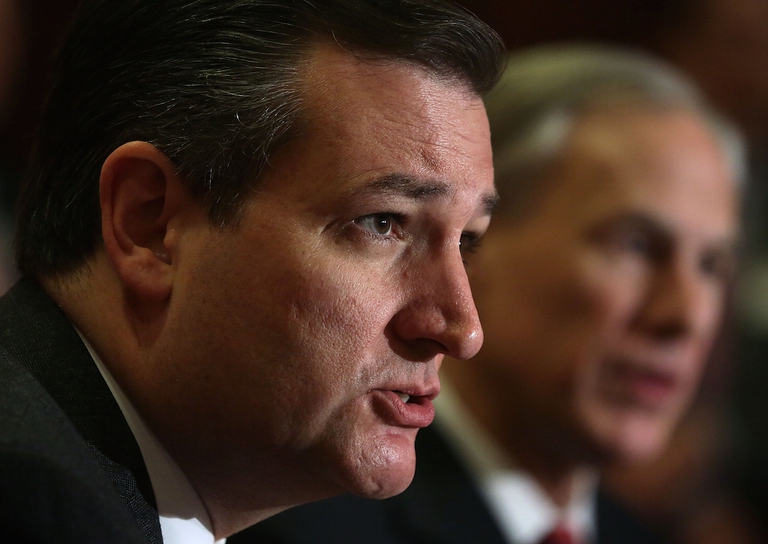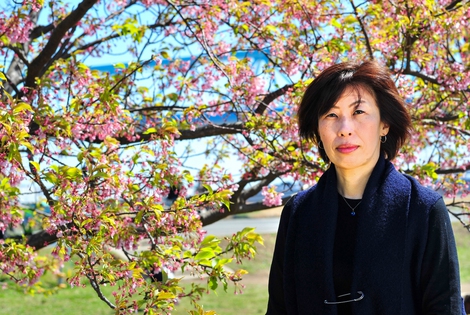
Three people putting the protection of the planet before themselves. Three powerful stories from Latin America, the deadliest region for environmental activists.
Attivisti di Greenpeace, spacciandosi per emissari di grandi imprese, hanno convinto scienziati e docenti a farsi pagare per smontare le tesi ambientaliste.
When you read a scientific study that discredits environmental key points, do not give credit to it. It could be a paper “commissioned” by fossil fuel multinationals. It is not surprising that some academics write – with lavish payments – what pollutant giants want. However, what’s really astonishing is how easy it is to negotiate contents and prices. In a word: corruption.
While the entire world is waiting to know the results of COP21 negotiations, the environmental association Greenpeace has revealed how oil and coal companies buy off scientists and academics. Some undercover Greenpeace UK activists approached professors of prestigious universities like Princeton and Pennsylvania.
BREAKING : nous révélons comment le secteur fossile peut acheter des universitaires et des études académiques https://t.co/opv6N3iF2I #COP21
— Greenpeace France (@greenpeacefr) 9 Dicembre 2015
William Happer – climate change sceptic who testified at a congressional hearing of Ted Cruz – has been asked to write a report on behalf of an oil company of the Middle East. The Greenpeace activist who talked to him – posing as PR advisor in Beirut, Lebanon – was really explicit: “I’m writing on behalf of a company concerned about the impact COP21 could have. We believe that, considering your important work on the issue, a brief article written or signed by you could represent a crucial operation for our clients”.
Happer – who served as director of the US Department of Energy’s Office of Science – accepted unhesitatingly and specified that his fee was 250 dollars an hour. However, the physicist declined any personal remuneration for his work but wanted his fee donated to the CO2 Coalition, climate change sceptic association. Moreover, Happer noted he had also been paid from US oil giant Peabody for testimony in a Minnesota state hearing on the impacts of carbon dioxide. Contacted by the French newspaper Le Monde, the academic did not comment nor deny Greenpeace’s version.
Similarly, sociologist and Professor Frank Clemente has been approached for a report contrasting researches that find a link between coal and premature deaths, with particular focus on the figures published by the WHO according to which coal would be responsible for 3.7 million deaths every year. His response was positive. And the fee was 15,000 dollars for an article of 8-10 pages.
“Our research reveals that professors at prestigious universities can be sponsored by foreign fossil fuel companies to write reports that sow doubt about climate change and that this sponsorship will then be kept secret,” said John Sauven, the director of Greenpeace UK.
Siamo anche su WhatsApp. Segui il canale ufficiale LifeGate per restare aggiornata, aggiornato sulle ultime notizie e sulle nostre attività.
![]()
Quest'opera è distribuita con Licenza Creative Commons Attribuzione - Non commerciale - Non opere derivate 4.0 Internazionale.
Three people putting the protection of the planet before themselves. Three powerful stories from Latin America, the deadliest region for environmental activists.
Influential scientist, activist and author Vandana Shiva fights to protect biological and cultural diversity, and against GMOs.
Kimiko Hirata has blocked 13 new coal plants in Japan, but she hasn’t done it alone. The 2021 Goldman Prize winner tells us about her movement.
The Goldman Environmental Prize, the “green Nobel Prize”, is awarded annually to extraordinary activists fighting for the well-being of the planet.
We talk to Shaama Sandooyea, activist and marine biologist from Mauritius onboard Greenpeace’s Arctic Sunrise ship in the heart of the Indian Ocean.
Arrested for supporting farmers. The alarming detention of Disha Ravi, a 22-year-old Indian activist at the fore of the Fridays for Future movement.
Water defender Eugene Simonov’s mission is to protect rivers and their biodiversity along the borders of Russia, China and Mongolia.
Chibeze Ezekiel, winner of the 2020 Goldman Environmental Prize for Africa, is fighting to guide new generations towards a renewable future.
Leydy Pech, winner of the 2020 Goldman Environmental Prize for North America, is the beekeeper who defended Mexican Maya land against the agro-industry.









